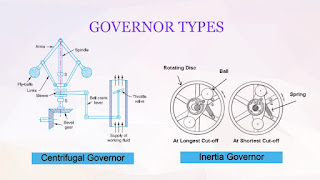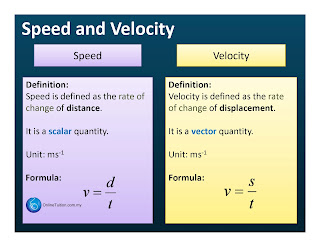Robert Half, the American businessman, once said “it’s easy to make good decisions when there are no bad options”.
Gavin Williamson is now grappling with the opposite. Because it’s not only easy, but inevitable, that bad decisions are made when there are no good options.
In a fast moving crisis, you can’t afford to wait for good options. It’s become very clear in the last few days that schools have to close.
Given the timing and uncertain duration, it’s also clear normal summer exams can’t take place. It’s right to act on those decisions now – even when you don’t know yet what will happen in their place.
But thoughts now turn to what replaces the exams that Year 11 and 13 (and older learners) have been spending two years working towards. They’ll rightly be anxious – as will their parents and teachers. So here’s what I think the plan should be.
Logically, there are only three things that can now be done.
We can abandon the system altogether and no qualifications be awarded. Exams can be taken later in the year at an unspecified time. Or there can be some other system for awarding qualifications to the usual timetable.
The first is possible but highly undesirable. Qualifications serve to recognise student achievement, as well as a signal onto their next stage. That’s still needed.
It’s possible to have them taken later in the year. But at this moment we simply don’t know when – or if – schools will reopen. We can’t say we’ll definitely hold them in, say, September. Even if we could, it’s not clear we could reorganise all other elements of education, as well as work, around an extension of the school year.
So that leaves only the option of awarding grades by other means. How to do this?
We want a system that balances three things: maximum certainty for students and exam centres about how grades will be awarded; minimum bureaucracy and burden in generating these; and maximum reliability and disaggregation between students’ achievement.
Naturally – because why would things be simple – these three goals can be in tension.
We could set some other test – one that requires no additional learning, and is quick to mark. This would score high in certainty for learners; high (ish) in reliably disaggregating student outcomes, but poorly for bureaucracy (who, in practice, is going to design, check, give out, and mark all these tests?)
We could somehow make a holistic judgement on students’ performance to date. This would involve some form of best fit overall judgement on a student and award a grade on that basis.
This gives less certainty for learners, probably less disaggregation, but – as a brand new system – probably quite a lot of effort.
Or we could simply use predicted grades. This gives maximum certainty, a reasonable disaggregation of achievement, and minimal effort – because, of course, predicted grades have already been made, especially for A Levels.
The obvious pushback is how we ensure such grades are remotely valid. There’s a significant literature showing that teacher judgements are hugely variable because of human nature.
In addition, there’s a differential bias seen in the system when it comes to A Level predicted grades in particular between different centres and the curse of over or under predictions.
This is where Ofqual come in. Their job, after all, is to ensure that exam boards give out grades that are valid and reliable.
So my plan would be that all centres submit predicted grades to Ofqual for their GCSE and A Level students.
As they would do if the grades were submitted by exam boards, Ofqual would scrutinise these, and say – based on everything we know about that student (prior attainment etc), and everything we know about that centre (previous GCSE and A Level grades for that centre) – do these seem right? If not, they have the right to adjust the grades up and down accordingly.
Three more things need to happen.
Centres, and students, need to be given total clarity over how Ofqual will do this, and what the margin for error is – and as much clarity as is possible to help centres submit correct grades.
Secondly, students need to be reassured that Ofqual’s goal is to help support them to get the grades that are fair, and as close to what they would have likely got in their exams as possible.
Thirdly, if a centre or students really don’t want to do this, they must be supported as far as possible to resit some or all paper exams as soon as they can – perhaps next January, or even next summer.
There are – you don’t need to tell me – several perfectly sensible objections to this system. But in a time of national crisis, we need a best-fit decision – and to all back it.















Comments
Post a Comment